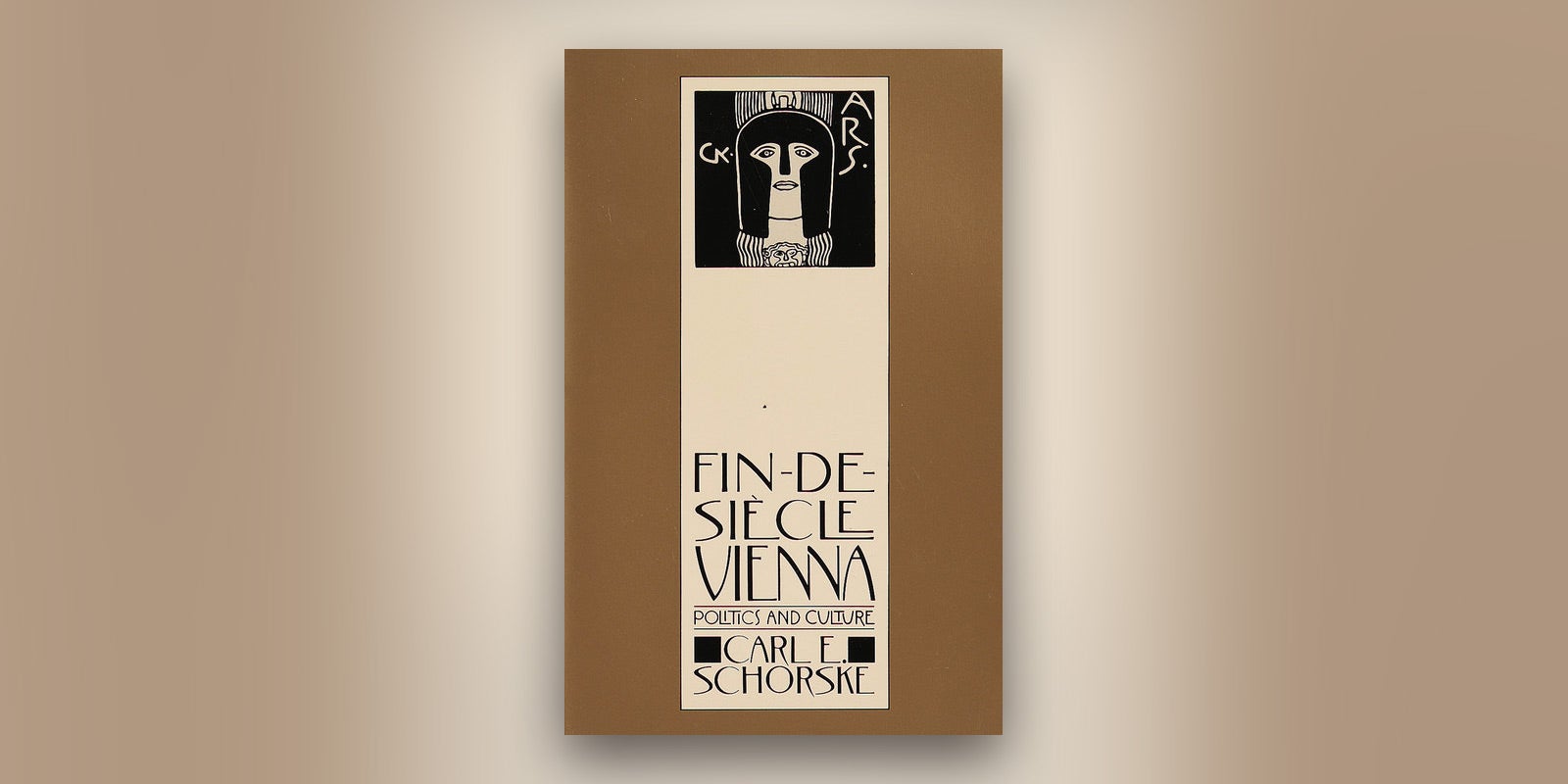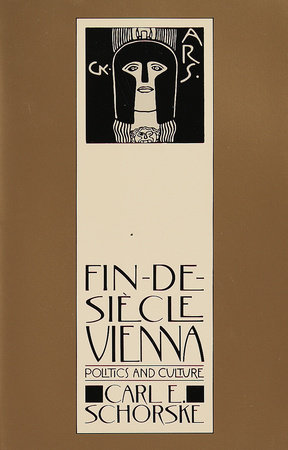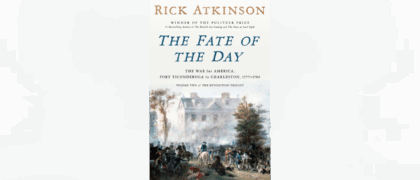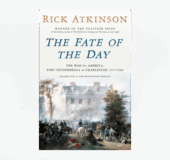We are deeply saddened by the passing of Carl E. Schorske, who died on Sunday, September 13, in East Windsor, New Jersey. He was 100. Schorske was an American cultural historian and professor emeritus at Princeton University. In 1981 he won the Pulitzer Prize for General Non-Fiction for Fin-de-Siècle Vienna: Politics and Culture, a collection of essays exploring the structure and meaning of turn-of-the-century Viennese intellectual history. Schorske was among the first class of recipients of the MacArthur fellowships and was made an honorary citizen of Vienna in 2012. His full obituary can be read here.
Carl E. Schorske Passes Away at 100
By Tim Cheng | September 23 2015 | Humanities & Social Sciences
Politics and Culture (Pulitzer Prize Winner)
9780394744780
Winner of the Pulitzer Prize
$30.00 US
Dec 12, 1980
Paperback
432 Pages
Vintage
- Art > Art History > European Art
- English > Comparative Literature > Psychology and Literature
- History > Period History: Western Europe (Continental) > 19th Century Europe
- History > Topical History > History of Art
- History > Topical History > History of Psychology and Psychiatry
- Psychology > Abnormal and Clinical Psychology > Psychoanalysis
- Psychology > General Psychology > History of Psychology
- See More
Tags: Carl Schorske, Obituary
Related articles
June 12 2025 |
Political ScienceHistoryNon-fictionAuthor VideoU.S. HistoryHumanities & Social Sciences
Rick Atkinson, Pulitzer Prize–winning historian and #1 New York Times bestselling author of The British Are Coming, is renowned for vivid narratives of American military history. His latest book, The Fate of the Day, is the second volume of his acclaimed American Revolution trilogy. In this gripping installment, Atkinson chronicles the pivotal middle years of
Read more
March 1 2024 |
Humanities & Social SciencesPsychology
Dear Educators, We’ve all heard the adage “laughter is the best medicine”, The Laughter Effect: How to Build Joy, Resilience and Positivity in Your Life is its prescription. A body-mind practice that incorporates wisdom from laughter therapy, health promotion, neuroscience, positive psychology and mindfulness, it adds an innovative new dimension to self-care and wellbeing. My
Read more





